ESA-sponsored medical doctor Beth Healey has just left Concordia research station after a year, only to start preparing to return!
I climbed into the small Twin Otter plane, and watched Concordia fade into the distance as we gained height and headed towards the coast. It was a strange feeling to hand over the ESA Lab and wave goodbye to what had been home now for over 12 months. I was in many ways sad to think that when I returned in a month’s time the crew, with which I had shared good memories with over the past winter would no longer be there. However I was also excited to move onto my next adventure.
As we got closer to the coast I started to make out the icebergs and the sea at the horizon. I hadn’t seen open water for over a year so this was really strange and beautiful for me. On landing I put on my Concordia ‘summer’ gear, only to find that when I jumped out of the plane I was hot! The sun was shining, I could see the sea, the temperature was above zero, new smells, there were hills, landmarks at the horizon, open rocks and birds flying over my head. It felt like a different world! It was quite overwhelming, and I laughed with the pilot about how I felt like this even in a place which to most people would still feel really remote.
I hugged goodbye to my fellow passengers as they boarded a helicopter and left to the large station Durmont D’urville where they would board the ship Astrolabe and start their journey home. I was driven in the other direction, in a caterpillar truck, to a small station called Cap Prud’Homme to help with preparations for the traverse.
The traverse departs Cap Prud’Homme and travels for 1300 km to resupply Concordia. Large CAT tractors called Challengers haul several trailers full of fuel, food or scientific equipment. This is how the experimental equipment for the ESA experiments last year reached me at Concordia. Normally there are two traverses each summer period. I am participating on the traverse this year in order to take snow samples for the ESA Bacfinder experiment, and also to drive one of the CAT tractors!
I feel really privileged to have this opportunity to participate in the traverse. The people who work on the traverse are extremely experienced in their work and knowledge of Antarctica and it is unusual to have such a concentrated wealth of knowledge. The chef here has made 10 overwinters and most of the crew at least 10-20 summer campaigns in Antarctica. It is fascinating to hear about their past experiences.
The work has been really different to what I was used to at Concordia. I have helped changed the tracks of a snow plough, learnt how to drive a ‘Challenger’ (I am smaller than the wheel!), prepared food with the chef and assisted with food logistics.
Next to the station there are also Emperor Penguin and Adelile Penguin Colonies. During my stay here I have had the opportunity to go and see both. After a year without animals it has been wonderful to be immersed in this wildlife, and especially to catch the baby Emperors before they leave.
We are due to depart on the traverse in the next few days and I look forward to updating you on our progress!

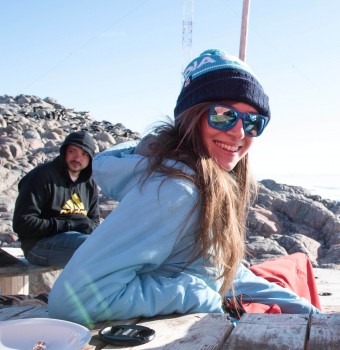
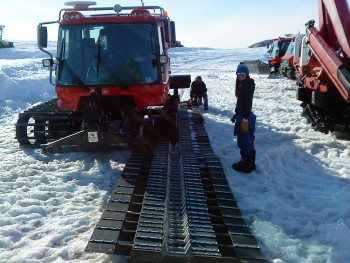
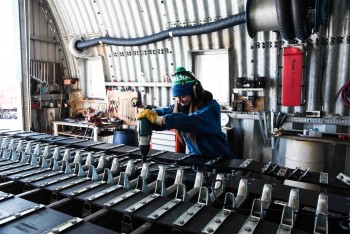
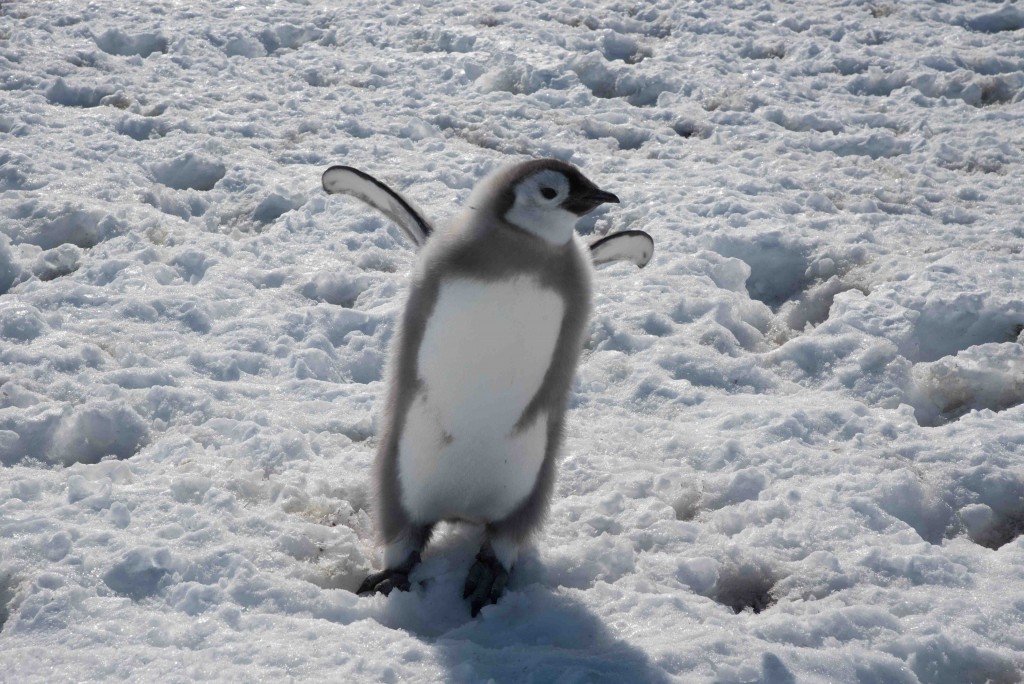


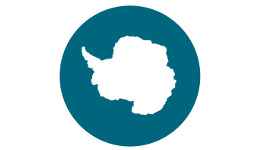
Discussion: one comment
Hi, I was a visitor on an explorer ice breaker ship in November/December 2012 and I loved every minute of being in Antarctica . It is the coldest, wildest, remotest place on earth, and yet I would have lived there – if possible. I did quite a bit of research before I went so was a into all aspect of the animal life and the research centres. To visit Antarctica had had been a life long dream for me, so when I actually arrived and I was with the penguins I thought I was in heaven. I hope one day to return – all that silence, something I had never heard before Elsie.